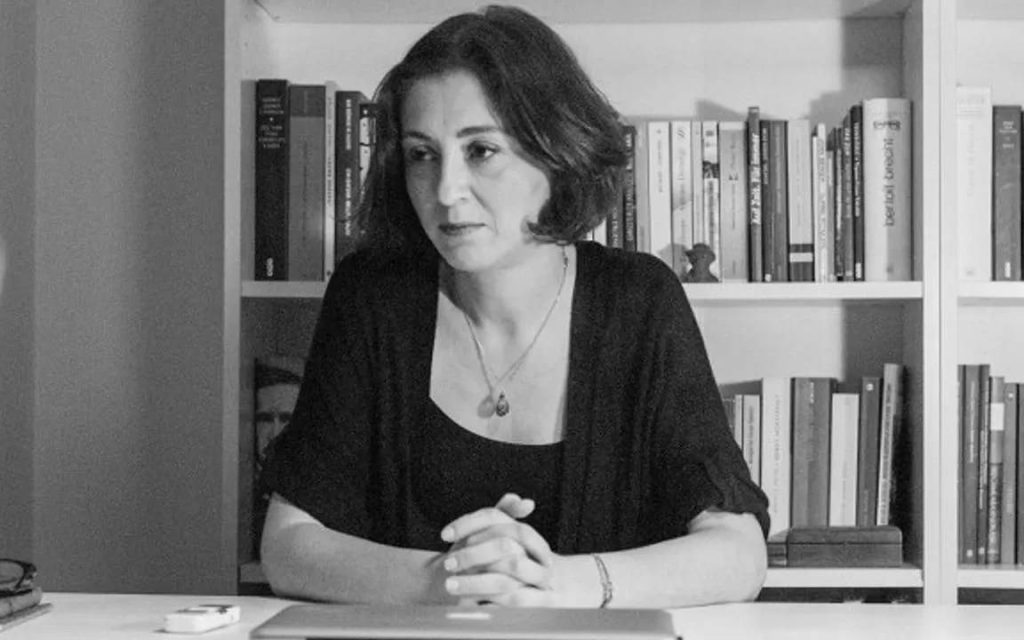In a significant escalation of legal actions against journalists in Turkey, four reporters were arrested on charges of “membership in a terrorist organization.” This incident follows a series of police raids in İstanbul linked to a broader investigation originating from the northeastern province of Artvin. The arrests and subsequent legal ramifications have raised concerns regarding press freedom in the country, spotlighting the ongoing tension between the government and the media.
| Article Subheadings |
|---|
| 1) Background of the Arrests |
| 2) Legal Proceedings and Outcomes |
| 3) Charges Against the Journalists |
| 4) Reactions from Media Organizations |
| 5) Implications for Press Freedom |
Background of the Arrests
The recent arrest of four journalists in Turkey is part of an ongoing investigation that has garnered considerable media attention. This investigation began on June 13, when police conducted home raids in İstanbul targeting seven individuals, of whom six were journalists. The law enforcement actions were reportedly linked to allegations of connections with a terrorist organization that authorities claim was disseminating information contrary to national security.
These events unfolded as Turkey continues to grapple with a complex political and social climate. Many see these arrests as symptomatic of a broader crackdown on freedom of expression, especially concerning journalists who hold critical views of the government. According to reports, the arrests have sparked public outcry, leading to protests from various human rights advocates and civil society organizations.
Legal Proceedings and Outcomes
Following their detention, the journalists were transferred to the İstanbul Provincial Gendarmerie Command for questioning. On June 16, the apprehended individuals appeared in court, where they provided testimony to the prosecutor. Subsequently, four of them—namely, Ozan Cırık, along with Dicle Baştürk, Yavuz Akengin, and Eylem Emel Yılmaz—were referred to a criminal judgeship of peace with a request for formal arrest.
Later that evening, a court order resulted in the pre-trial detention of the four journalists on terrorism-related charges. Meanwhile, two other journalists, Semra Pelek and Melisa Efe, along with one other individual, were released but remain under judicial control, indicating that the legal proceedings are far from over.
Charges Against the Journalists
The charges levied against the detained journalists primarily stem from their professional activities. During the questioning, officials focused on various aspects, including software services provided to news websites, payments received for articles, and phone communications between the journalists. These points have raised significant questions regarding what constitutes reliable evidence in a charged political climate.
The lack of transparency regarding the evidence presented by authorities has brought skepticism among many observers. Critics argue that the government is exploiting the legal system to silence dissent and control the narrative presented to the public. The ongoing investigation into these journalists has heightened fears among media professionals who worry that their safety and freedom may be compromised for simply performing their jobs.
Reactions from Media Organizations
The Media and Law Studies Association (MLSA), a prominent organization advocating for press freedom in Turkey, has been actively monitoring the situation. They reported that no official reason for the recent detentions has been publicly disclosed. In response to the arrest of their colleagues, MLSA has reiterated its commitment to supporting the journalists through legal representation and advocacy.
In statements made to the press, MLSA stated,
“We will continue to follow developments and inform the public about violations of journalists’ rights.”
Such advocacy remains essential in a country where press freedoms have increasingly come under threat in recent years.
Implications for Press Freedom
The arrests and charges against the journalists illustrate a troubling trend regarding press freedoms in Turkey. Critics of the government have expressed concerns that the legal system is being used as a weapon against those who seek to challenge official narratives. The implications are significant not only for the detained journalists but also for the broader media landscape within Turkey.
As the country faces heightened scrutiny from international human rights organizations, these arrests may lead to increased calls for reforms on freedom of expression and journalism. The growing awareness among the public about the risks journalists face is crucial for advocating a safer environment where press freedoms can be more effectively upheld.
| No. | Key Points |
|---|---|
| 1 | Four journalists were arrested on charges of “membership in a terrorist organization.” |
| 2 | The arrests followed police raids in İstanbul related to an investigation from Artvin. |
| 3 | Legal proceedings resulted in the pre-trial detention of four journalists. |
| 4 | Charges stem from allegations regarding their professional activities in journalism. |
| 5 | The Media and Law Studies Association has condemned the arrests and called for transparency. |
Summary
The recent arrests of journalists in Turkey serve as a stark reminder of the challenges facing the media in an increasingly restrictive environment. With allegations rooted in their professional conduct and the lack of transparency in the legal process, these events highlight the dangers that independent journalism faces in the country. Continued advocacy, both locally and internationally, will be crucial in the coming days to ensure the protection of journalists’ rights and freedoms.
Frequently Asked Questions
Question: What were the main charges against the detained journalists?
The detained journalists were charged with “membership in a terrorist organization,” with the allegations primarily focusing on their professional activities, including the services provided to news websites.
Question: How have media organizations responded to the arrests?
Media organizations like the Media and Law Studies Association (MLSA) have condemned the arrests and expressed commitment to supporting the journalists through legal representation, while also advocating for transparency in the legal process.
Question: What implications do these arrests have for press freedom in Turkey?
These arrests highlight a troubling trend of increasing repression against journalists in Turkey, raising concerns about the government’s use of the legal system to silence dissent and restrict freedom of expression within the media industry.


